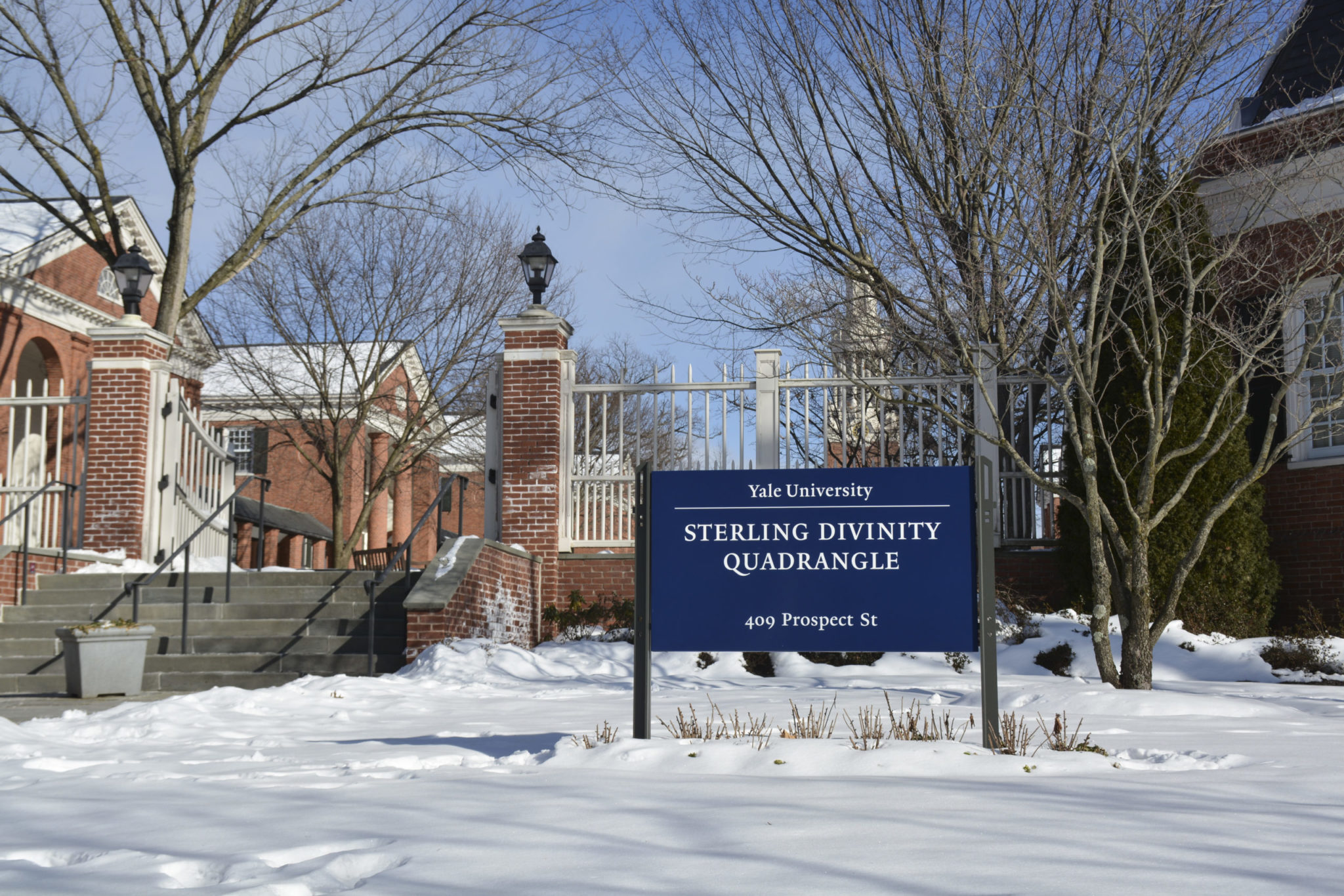
Yale Daily News
William “Willie” Jennings, associate professor of systematic theology and Africana studies at the Yale Divinity School, discussed his work bridging theology and race in an interview which ran on the cover of prominent theological publication The Christian Century.
The interview, “Whiteness rooted in place,” which was published in the Nov. 3 issue of The Christian Century, was conducted following a talk Jennings gave for the Veritas Forum, a non-profit organization which hosts Christian conferences on faith and reason on college campuses. Jennings began by discussing the relationship between race, place and religion, before outlining paths to greater unity within the United States and abroad.
“Right now is a great time for anyone interested in matters of religion, race and the environment to be at Yale,” Jennings told the News.
According to Jennings, at the Divinity School he has sought to create an interdisciplinary form of study by combining theological studies, Black studies and critical geography, which also incorporates aspects of environmental studies.
“It is new to Yale – there have been some colleagues who have done parts of this in the past, but to try and bring all of these things together is certainly new to Yale,” Jennings said. “It is not new to the academy in terms of the various areas being studied but having someone within the theological studies trying to pull them all together, that is new.”
Jennings characterized the multidisciplinary approach as an emerging field within the theological community, and emphasized that it is structured to include previously excluded groups in discussions surrounding issues of race, place and religion.
According to Jennings, the interdisciplinary combination of theology and race has given students access to classes that cover today’s most pressing issues through a broad range of material and approaches and allowed them to make new connections.
“It is really exciting to have students join with us at the Divinity School to think about that – the relationship between how one sees oneself beyond the problems of race, the way one imagines how to care for the environment, and whatever other endeavors that you are aiming toward in your studies, to pull all those together – and if we’re talking about people of faith, to have it woven together inside their vision of faith – that is exciting,” Jennings said.
Apart from his work in the classroom, Jennings has also been influential in the Divinity School’s diversity, equity, inclusion and belonging initiatives, according to Dean of the Divinity School Gregory Sterling. Jennings co-chaired an anti-racism task force that helped the school revise its strategic plan for DEIB, Sterling said.
“Willie Jennings is a pivotal member of the Divinity School faculty,” Sterling told the News. “He is a first-rate intellectual who commands the respect of his peers. He is also one of the most visible public intellectuals on our faculty … He is simply stellar.”
Jennings’ multidisciplinary approach has given him the opportunity to collaborate with a wide range of professors, with many coming from the Divinity School and the School of the Environment.
John Grim and Mary Evelyn Tucker, co-founders of the Yale Forum on Religion and Ecology and professors at both the Divinity School and the School of the Environment, spent much of their careers making similar multidisciplinary connections to Jennings. According to Tucker, the pair have collaborated with Jennings on multiple occasions and, through their work, have formed a strong relationship with the broader interdisciplinary movement.
John Grim noted that Jennings represents more than just his research through his outspoken role in the theological community.
“From the beginning when we met Willie, we recognized and shared with him a joy and a hope, and that he is an intelligent spokesperson for that joy and for hope,” Grim said.
Willie Jennings will be teaching a course called Body and Land in the spring.







